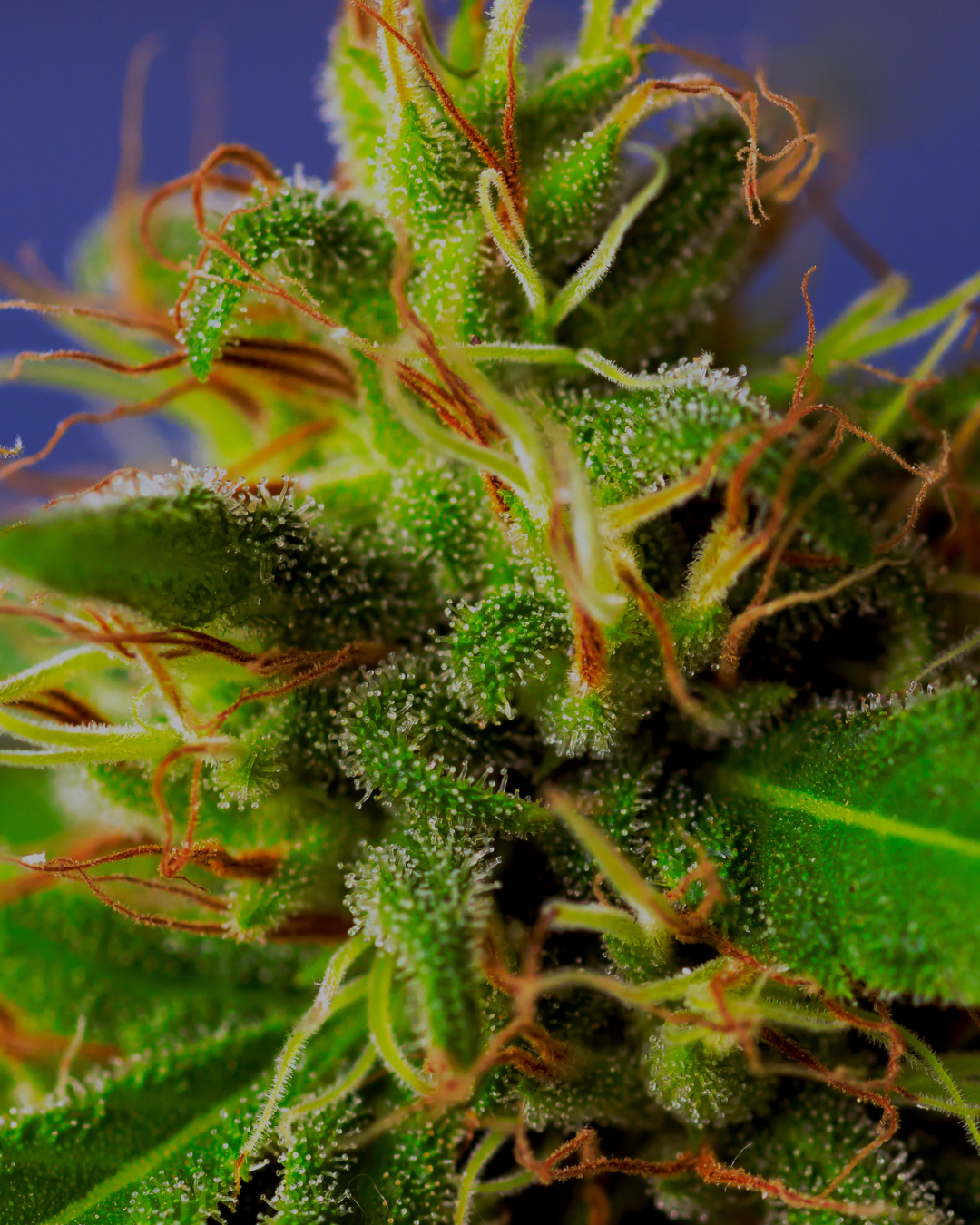THCA vs THC: Unlocking the Potential of Cannabis
Understanding the Difference Between THC and THCA: Unlocking the Potential of Cannabis
When exploring the world of cannabis, you’ve likely come across terms like THC and THCA. While they may sound similar, they are distinct compounds with different effects and benefits. Understanding the difference between these two cannabinoids can help you make more informed decisions about your cannabis use. In this blog post, we’ll dive into what sets THC and THCA apart and why both are important in the cannabis world.
What is THC?
THC, or Tetrahydrocannabinol, is the most well-known cannabinoid found in cannabis. It’s the compound responsible for the psychoactive effects, or the “high,” that users experience when consuming marijuana. THC interacts with the body’s endocannabinoid system, specifically binding to CB1 receptors in the brain. This interaction results in a variety of effects, including:
- Euphoria: A heightened sense of happiness or pleasure.
- Altered Perception: Changes in how you perceive time, sound, and visual stimuli.
- Relaxation: A calming effect that can help reduce stress and anxiety.
- Increased Appetite: Commonly known as the “munchies,” THC can stimulate hunger.
In addition to its recreational effects, THC has numerous medicinal uses. It’s often used to:
- Relieve Pain: THC can be effective in managing both chronic and acute pain.
- Reduce Nausea: Particularly helpful for chemotherapy patients, THC can ease nausea and vomiting.
- Stimulate Appetite: For those dealing with appetite loss due to illness, THC can encourage eating.
What is THCA?
THCA, or Tetrahydrocannabinolic Acid, is the precursor to THC. It’s found in raw, unheated cannabis and does not produce the psychoactive effects associated with THC. THCA must undergo a process called decarboxylation—typically through heat— to convert into THC. This process can occur during smoking, vaping, or cooking cannabis.
THCA has its own set of properties and potential health benefits, including:
- Anti-Inflammatory: THCA has shown promise in reducing inflammation, making it potentially useful for conditions like arthritis.
- Neuroprotective: Early research suggests that THCA may protect nerve cells from damage, which could be beneficial for neurodegenerative diseases.
- Anti-Nausea: Like THC, THCA may also help reduce nausea, but without the psychoactive effects.
- Anti-Proliferative: Some studies indicate that THCA may inhibit the growth of cancer cells, though more research is needed in this area.
THC vs. THCA: A Side-by-Side Comparison
Understanding the differences between THC and THCA is crucial for making the most of your cannabis experience:
- Psychoactivity: THC is psychoactive, leading to the “high” that many people seek. In contrast, THCA is non-psychoactive and does not produce any mind-altering effects.
- Consumption Methods: To experience the effects of THC, cannabis must be heated (smoked, vaped, or cooked) to convert THCA into THC. Consuming raw cannabis or products like raw cannabis juice will provide THCA without the psychoactive effects.
- Medical Uses: THC is widely used for pain relief, nausea reduction, and appetite stimulation, while THCA shows potential in reducing inflammation, protecting nerve cells, and possibly inhibiting cancer cell growth.
How to Use THC and THCA
If you’re interested in the psychoactive effects of cannabis, THC is your go-to cannabinoid. It’s typically consumed through smoking, vaping, or edibles, all of which involve heating cannabis to convert THCA into THC.
On the other hand, if you’re seeking the potential health benefits of cannabis without the high, THCA might be more suitable. You can consume THCA by using raw cannabis products, such as raw cannabis juice, or by incorporating raw cannabis into smoothies or salads.
Conclusion
THC and THCA are both important cannabinoids, each offering unique benefits. THC is the star when it comes to psychoactive effects and is widely used for both recreational and medicinal purposes. Meanwhile, THCA, with its non-psychoactive properties, holds promise as a potential therapeutic agent in its raw form.
By understanding the differences between THC and THCA, you can tailor your cannabis use to fit your personal needs, whether you’re seeking relief from pain and nausea or exploring new ways to incorporate the plant’s benefits into your daily routine.
As research continues to uncover more about these cannabinoids, we’re likely to see even more applications for both THC and THCA in the future. Whether you’re a seasoned cannabis user or just starting out, staying informed about these compounds can help you make the most of what cannabis has to offer.
Enroll in our dispensary agent certification course to learn more!
References

